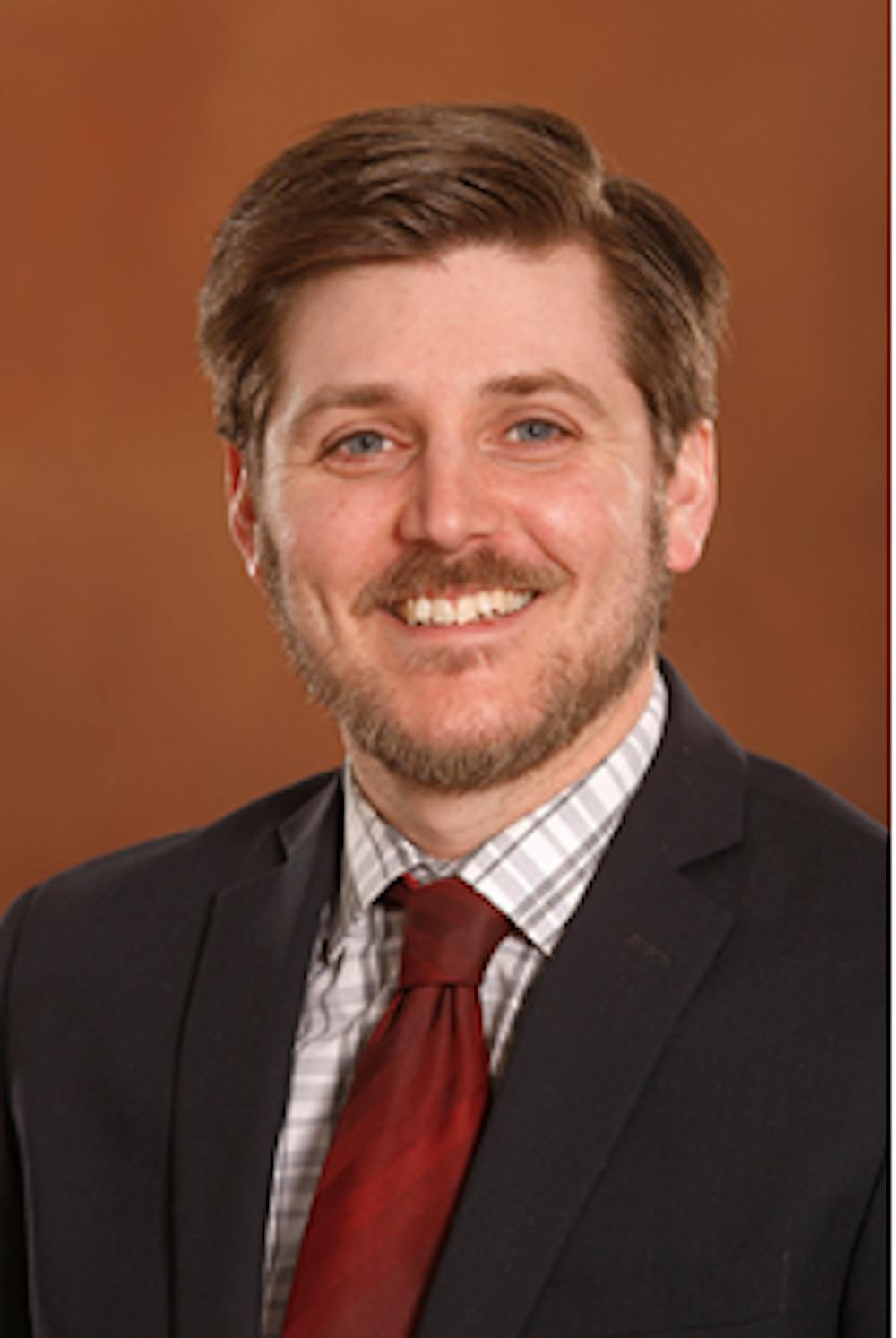Q&A: 9/11 will stay relevant as long as there is political turmoil, says professor
Tim Hazen was a freshman at University of Florida when the World Trade Center was attacked on Sept. 11, 2001.
Hazen doesn't remember much, he said, because he was still asleep at the time. He didn't even find out until he tried to go to his first class and a notice was posted on the door, urging students to go home and watch the news.
"I don't remember if it was exactly that cryptic, but I remember going back to my dorm and turning on the television and I realized what was happening," said Hazen, a fixed-term faculty member within the department of Political Science and Public Administration.
While he was old enough to understand what was going on at the time, Hazen shares in common something most students experienced in relation to 9/11: an inability to acutely remember the moment of the attack.
And on the 16th anniversary of the attack, why do some students who have no ties to anyone within the towers or in New York at the time still pay homage to the tragedy? There is no catchall answer, said Hazen. These reasons not only cause students to remember an incident they have little recollection of but shape much of their modern worldview.
CM Life: Why do you believe there is such a push for students to remember 9/11 — especially if they have no ties, outside of being an American, to the event?
Hazen: We're in the paradigm of the world that is shaped by 9/11. We no longer celebrate World War II or mourn Pearl Harbor — at least, not as much today — because clearly, things happened in those following decades that reevaluated remembrance.
This is my hypothesising, but something happened in those decades to shift to a new paradigm. We're still in the expansion of non-state terrorist groups and radical religious groups paradigm.
We're still close enough to it we still have the rituals of remembrance. If you're 20 years old on campus right now, you were three (on 9/11). This is learned behavior, because you were too young to fully understand the complexity and the gravity of the entire situation.
Being a college student during September 2001, you remember both a pre and post-9/11 United States. What is the significance of the millennial generation, and younger growing up in a post-9/11 society?
I have specific memories of going to the airport and you could go right to the gate. You'd just sit at the gate and when you met up with your family or friends flying you could go up to them, hug them, kiss them and then they'd just board the plane.
The norms have changed so much, we don't even think about that. If you don't know anything differently, there is no jarring contrast. Within this new post-9/11 paradigm, it's normal that you're supposed to take off your shoes (at airports) and there will be heightened, heavily armed security.
What does this mean for older students, faculty or staff who can remember both a pre-and post society?
I think there's a gradual acceptance about it. Certainly, I think what has increased with terrorism is there's now an increased fear of public spaces. But I can't fully speak to that because (depending on your age), you lived through different types of global threats.
I know my parents were born after World War II, so they had to do drills under their desks in elementary school during the 50s and early 60s because of (nuclear bomb) threats. But with bombs, it doesn't matter if you’re at school or in your home, a bomb is going to hit you.
This new type of terrorism that has occurred, or at least been significantly highlighted since 2001, is largely about micro-terrorism in larger public squares like airports, buses or subways.
How do you see the continual mourning and remembrance of 9/11 in the future, the further out we get from the actual event?
I don't want to say, morbidly, that until the next big horrible thing happens we'll (continue to remember 9/11), but that's what most likely is going to happen. Until that changes, and I don't know what that looks like or when that will be, we'll continue to live in this paradigm of the post-9/11 world and see that ritual of remembering the tragedy.
I do think each year, remembrance, especially on campus is going to gradually fade away as Central (Michigan University) as we start seeing freshman and sophomores who were infants or toddlers or not even born when the towers fell.
And as they move into positions of power and graduate, moving out into the world, since they were so young they might not carry on the need to remember. At least, that's what past data suggests.




